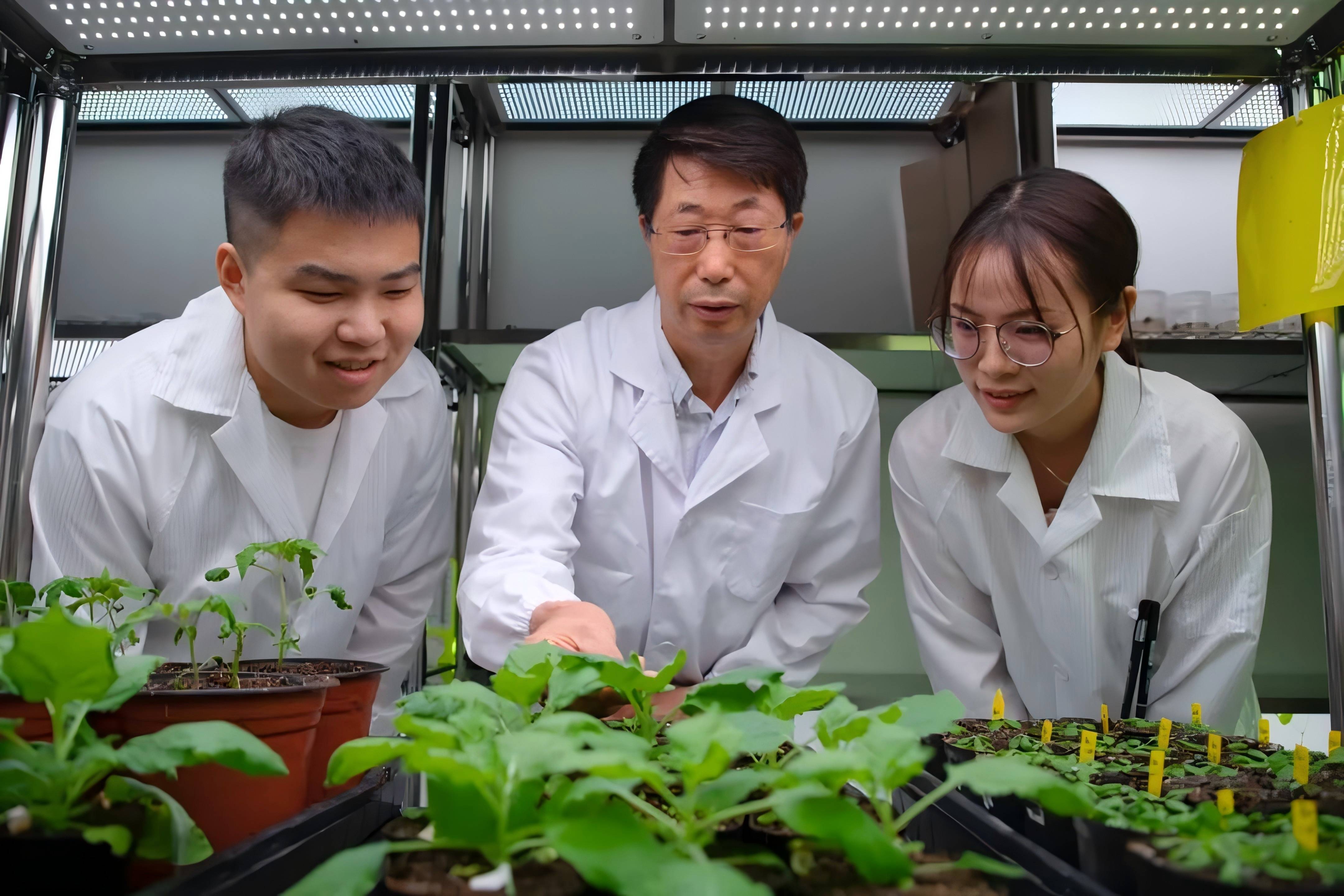
On July 9th local time, the European Molecular Biology Organization (EMBO) announced its new list of 100 members (including 20 foreign members). Professor Yang Zhenbiao, a chair professor at the School of Synthetic Biology, Shenzhen Institute of Technology, researcher at the Shenzhen Institutes of Advanced Technology, Chinese Academy of Sciences, and director of the Agriculture and Plant Synthetic Biology Center at the Shenzhen Institute of Synthetic Biology, has been elected as a foreign member of EMBO.
To date, only 13 Chinese scientists have been elected as foreign members of EMBO, including Yang Huanming in 2006, Li Jiayang and Shi Yigong in 2013, Wang Xiaodong in 2014, Shao Feng and Cao Xuetao in 2015, Gao Fu and Wu Hong in 2016, Pei Duanqing in 2018, Kang Le in 2022, Yan Ning in 2023, and this year's Yang Zhenbiao and Rao Zihe.
Professor Yang Zhenbiao has made outstanding contributions in the fields of plant biology and cell biology:
He was the first to discover and elucidate the mechanism of auxin signal perception and transduction on the cell surface, clarify the mechanism of auxin regulation of rapid growth, and solve the "acid hypothesis" mystery that had lasted for 50 years;
He pioneered the study of ROP GTPase and its mediated signaling network, and discovered its important role in the establishment of plant cell polarity;
He discovered the design principles of plant cell polarity growth and systematically clarified the mechanisms of pollen tube growth and morphogenesis of leaf epidermal cells.
Currently, Professor Yang Zhenbiao is focusing on cutting-edge research in plant synthetic biology. He has published a series of groundbreaking papers as the corresponding or co-corresponding author in top international scientific journals such as Cell (3 papers), Nature (1 paper), and Science (1 paper), making him a highly-cited scholar.

Professor Yang Zhenbiao (center) with team members Wang Zhikang and Zhang Ying
EMBO, as a prestigious academic organization in the international biology community, has been committed to promoting cooperation and development in molecular biology and related fields since its establishment in 1964. The organization annually selects renowned scientists who have made outstanding contributions in the field of biology to become its members. Currently, more than 90 Nobel laureates are among its members. The status of foreign members is only offered to a few top scientists outside of Europe, aiming to emphasize the importance of scientists engaging in global exchanges.